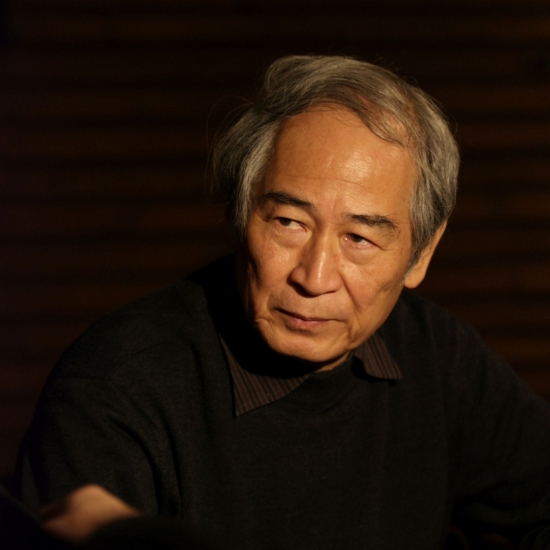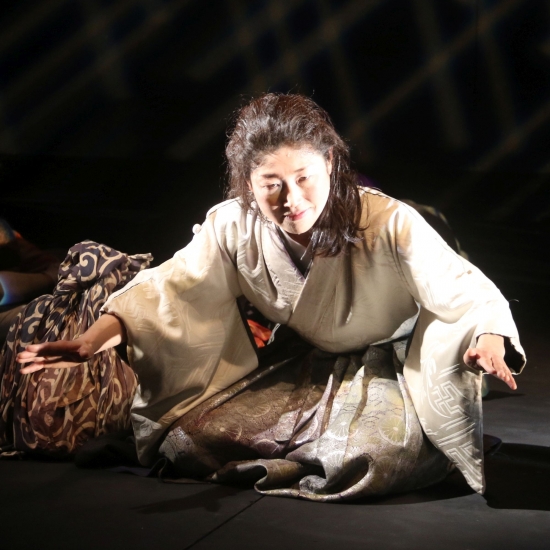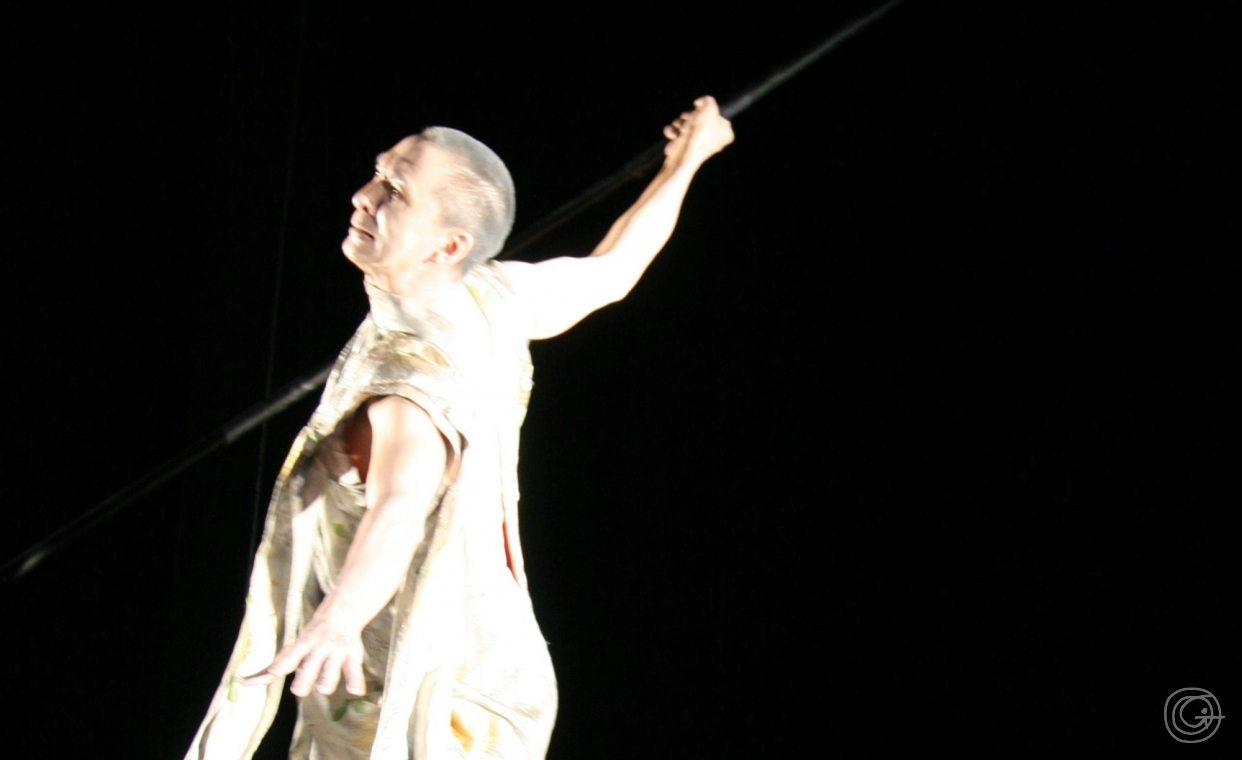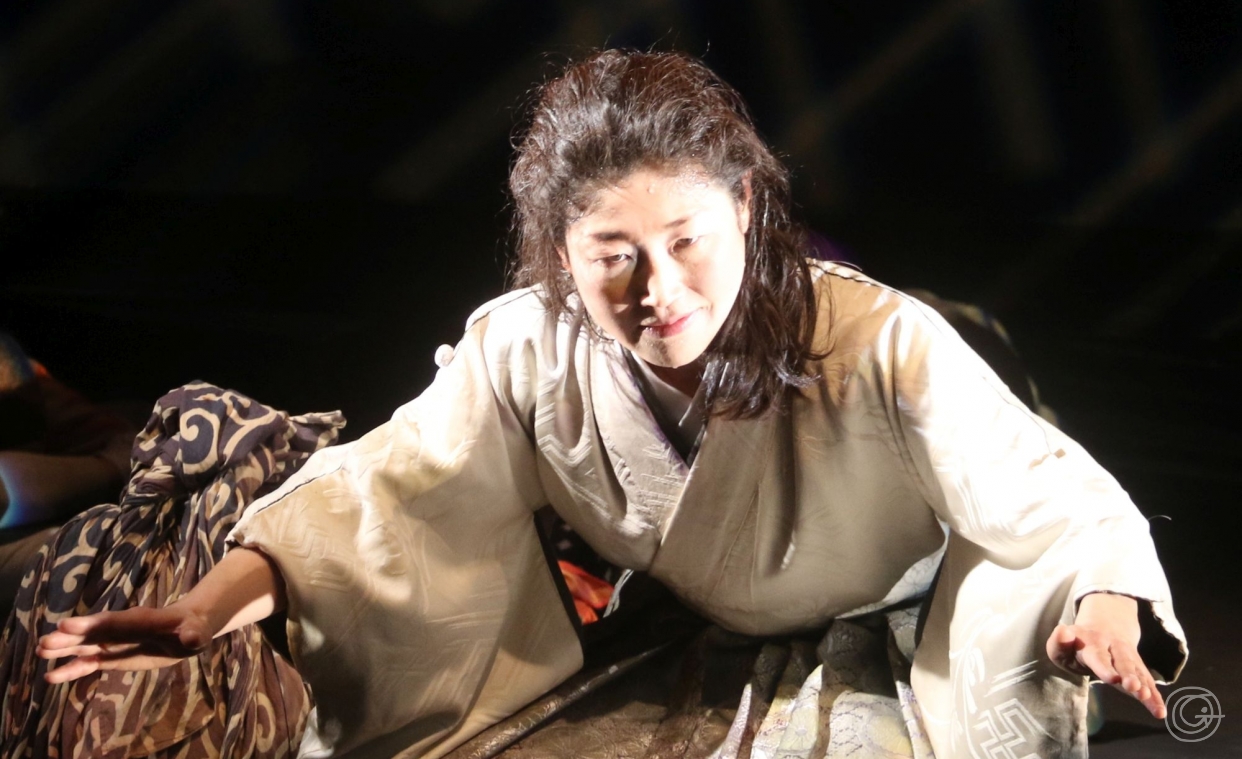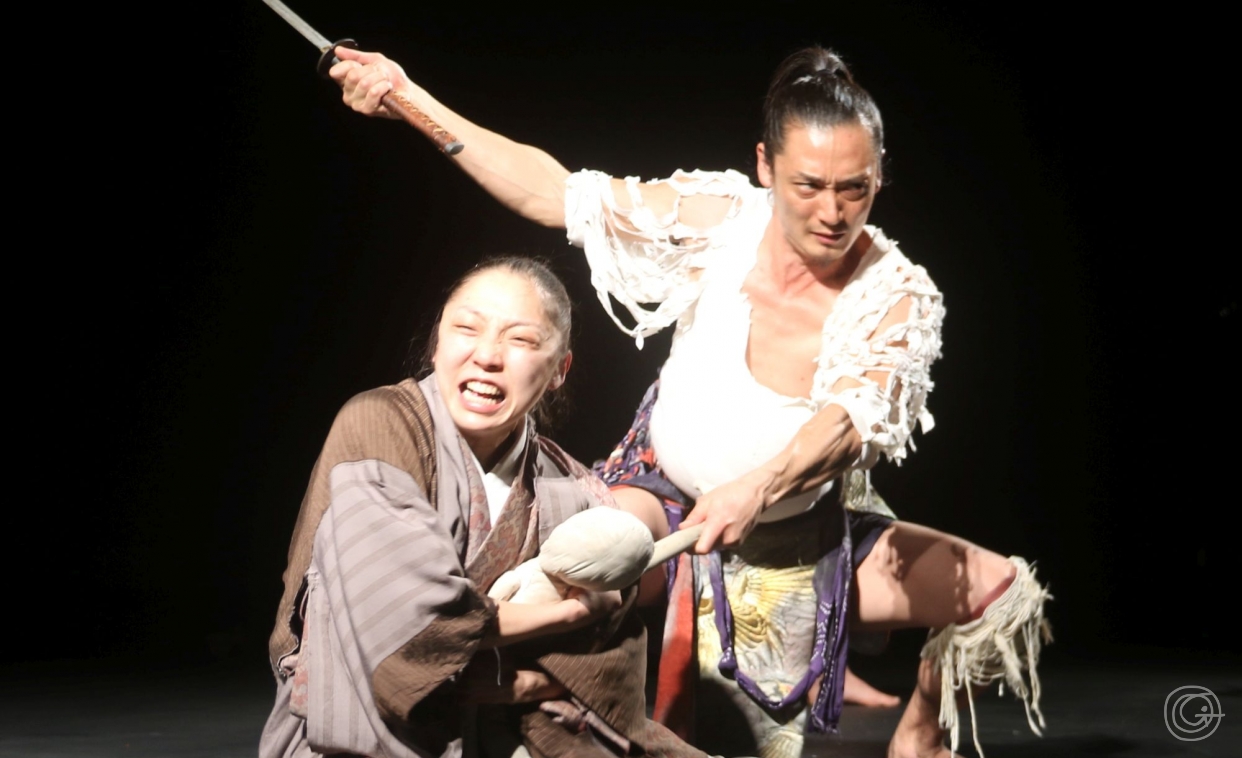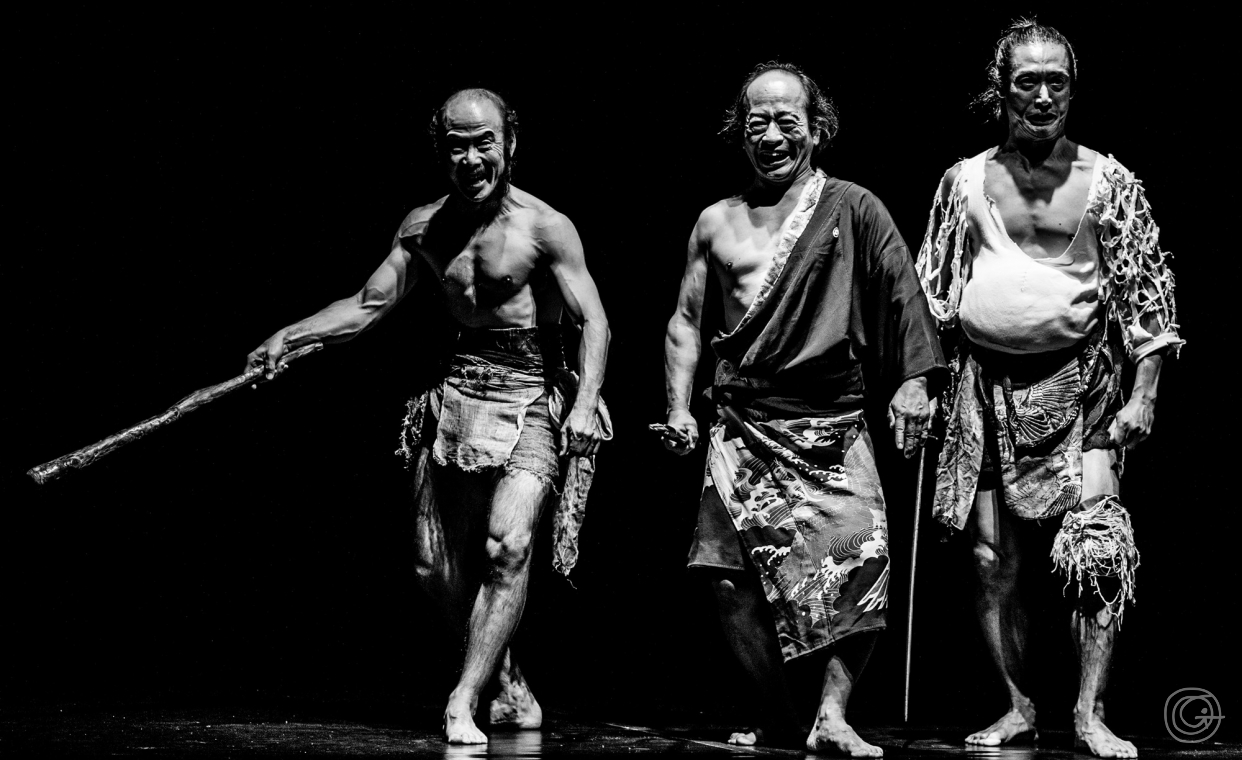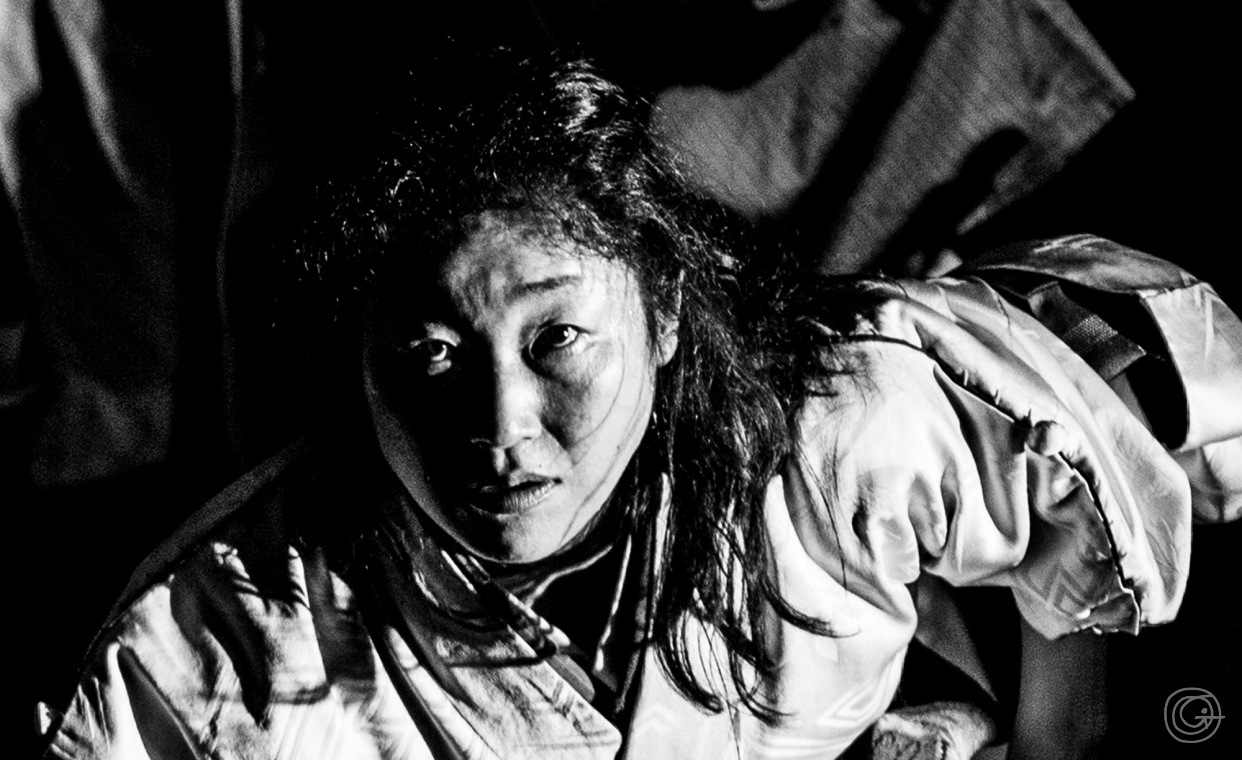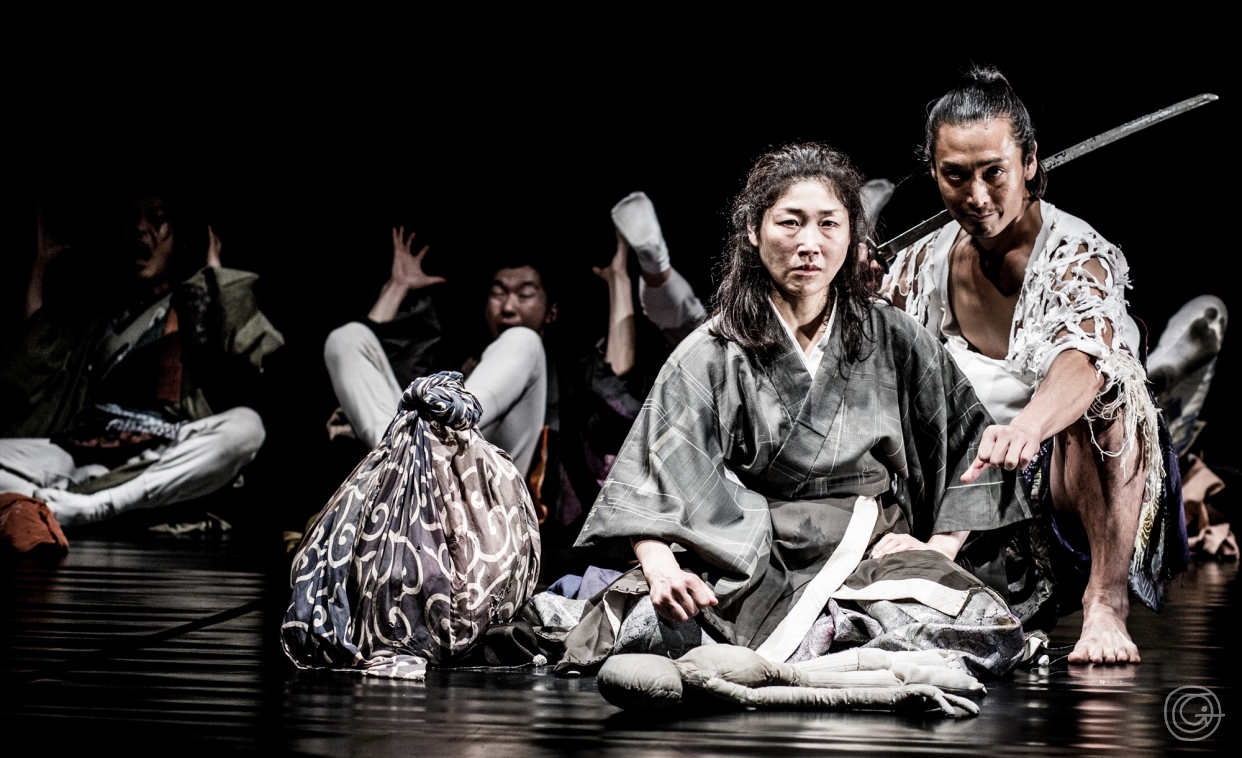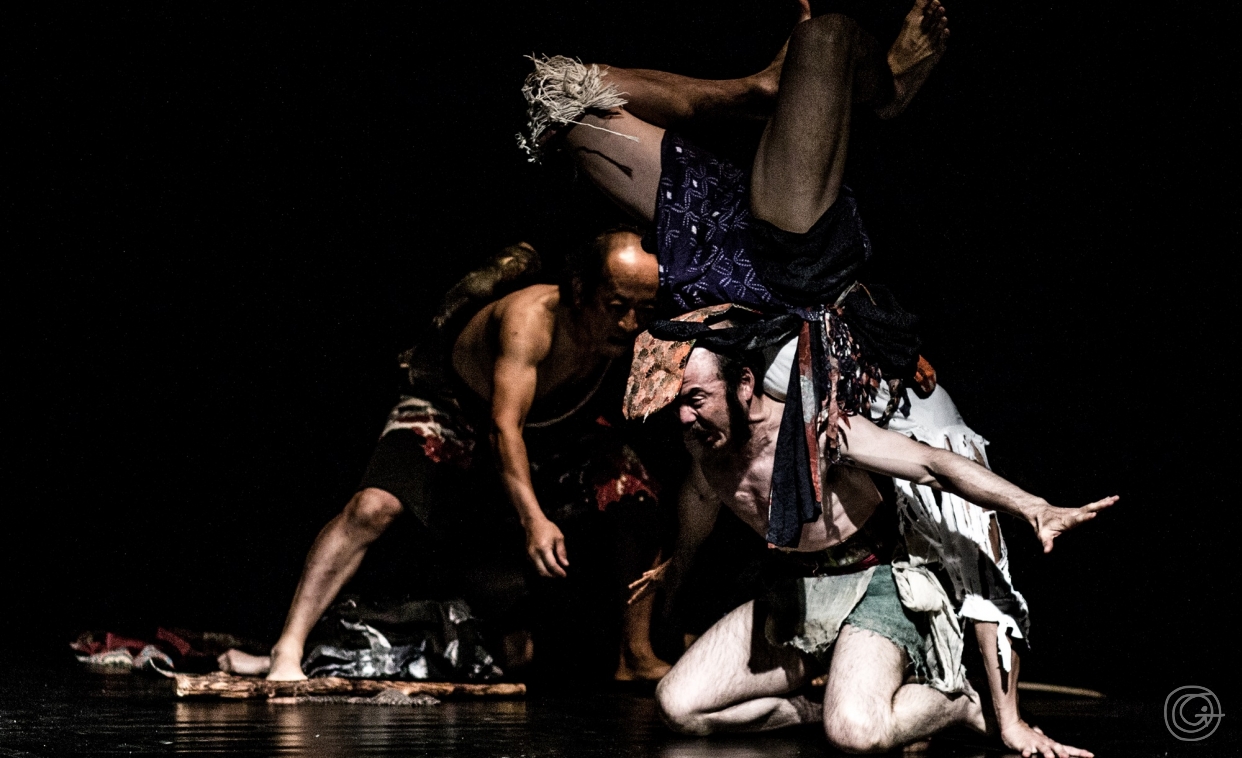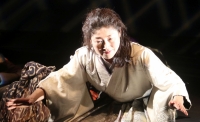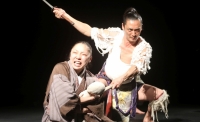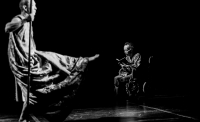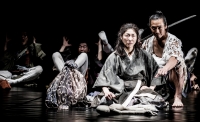Description
Unlike most Greek tragedies, The Trojan Women is oddly lacking in story. The key dramatic event, the fall of Troy, takes place well before the play begins. The scenes depict little more than the surviving women of Troy, gathered before the wreckage of their citadel, waiting to be ferried off to lives of slavery. As they ponder the wretched future that awaits them, their only action is a sustained lamentation of their plight. This is why some critics claim that, though the work is a ‘drama’, it contains nothing ‘dramatic’. As a theatre artist, however, I think nothing could be more dramatic than being forced to wait and imagine a wretched, unpredictable and inescapable fate. I reckon that many of us Japanese who experienced the defeat of World War II lived in a similar emotional state. It was pondering such notions that ultimately led me to choose this text. I wanted to see if, by casting the characters as Japanese survivors dwelling in the postwar ruins, I could, through their layered presence on stage, resuscitate the passions of The Trojan Women. It is my hope that, through this kind of double-exposure approach, I can reveal how our common human suffering transcends time and space, both in Japan and the Occident.
Tadashi Suzuki
- Suzuki Company of Toga
- Adaptation and director — Tadashi Suzuki
- Text — based on The Trojan Women by Euripides, translated by Chiaki Matsudaira
- Performers — Yasuhiro Fujimoto, Takato Hiragaki, Yuki Iizuka, Haruo Ishikawa, Masaharu Kato, Risa Kito, Haruka Kiyama, Maki Saito, Aki Sato-Johnson, Yoichi Takemori, Daiki Takeuchi, Daisuke Ueta
- Stage manager — Michitomo Shiohara
- Light — Makoto Niwa
- Sound — Junya Kobayashi
- Costumes — Toshimi Mitsuda
- Support — Agency for Cultural Affairs, Government of Japan
- Premiere — 10 December 1974
This showing is supported by the Japanese Agency for Cultural Affairs.
-
Mr. Suzuki has crossbred Greek tragedy with the classical Japanese forms of Kabuki and Noh and transmogrified Euripides into a contemporary Japanese author. Mr. Suzuki’s The Trojan Women is an outburst of anguish about the ravaging of the human soul.
Mel Gussow | New York Times
-
Suzuki’s great achievement is to blend elements – movements, gestures, intonations. […] He does this with complete coherence, and thrillingly.
Financial Times
-
Anguish accelerates. Euripidean events recede. The play is now focused after World War II. Hecuba and Andromache become war’s anonymous refugees struggling through the ashes of civilisation, no one else around them but the dead. […] Suzuki has created in The Trojan Women a work of political art so profound that it goes beyond both politics and art.
Kevin Kelly | The Boston Globe
-
A brilliant piece of ritualistic theatre that uses Euripides’s text as a jumping-off point and that establishes a direct link between Japanese and Greek formalism.
The Guardian
Information
Date and hour
Venue
Running time
70 minutes
Language
Japanese
Subtitles
English and Polish

